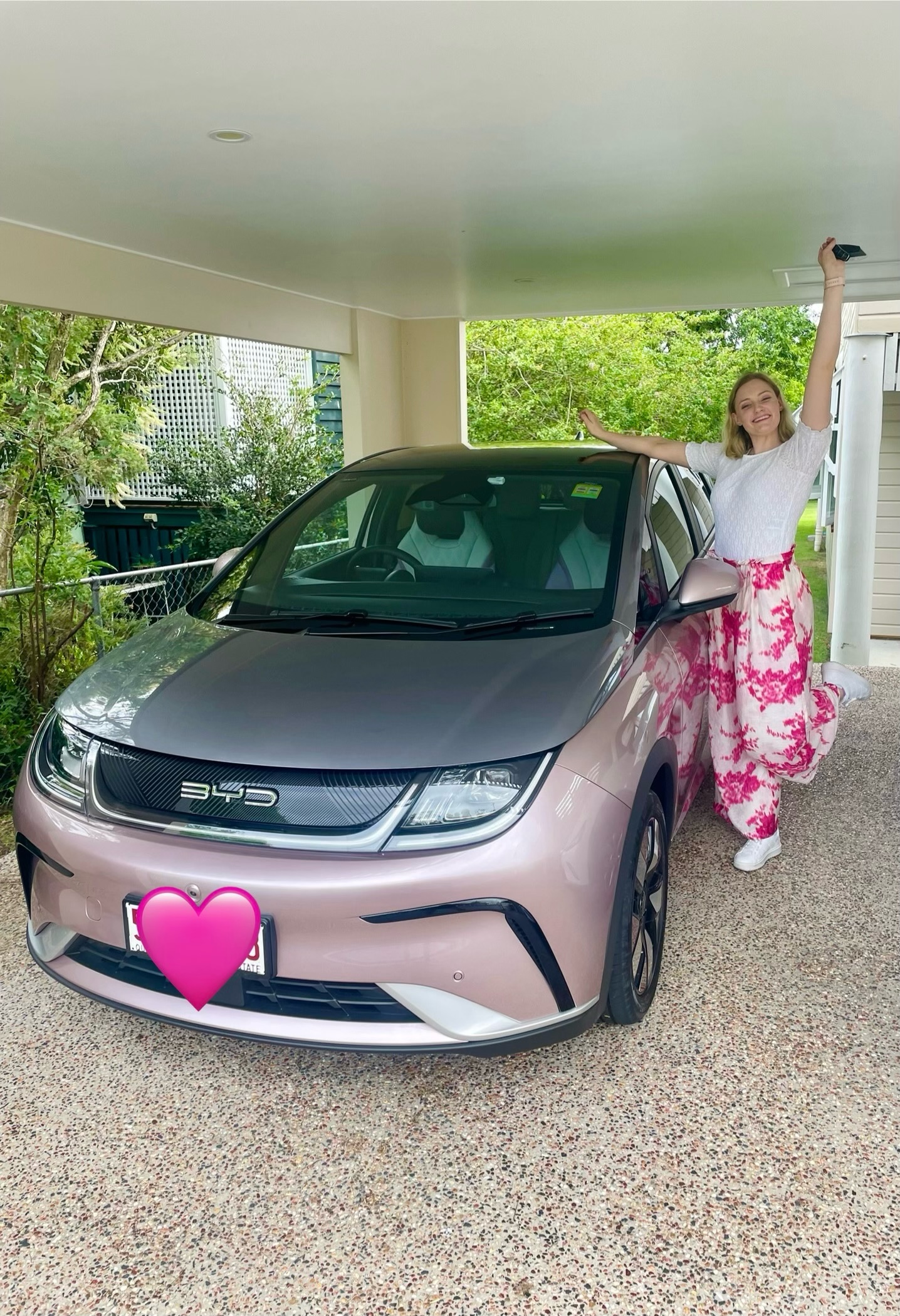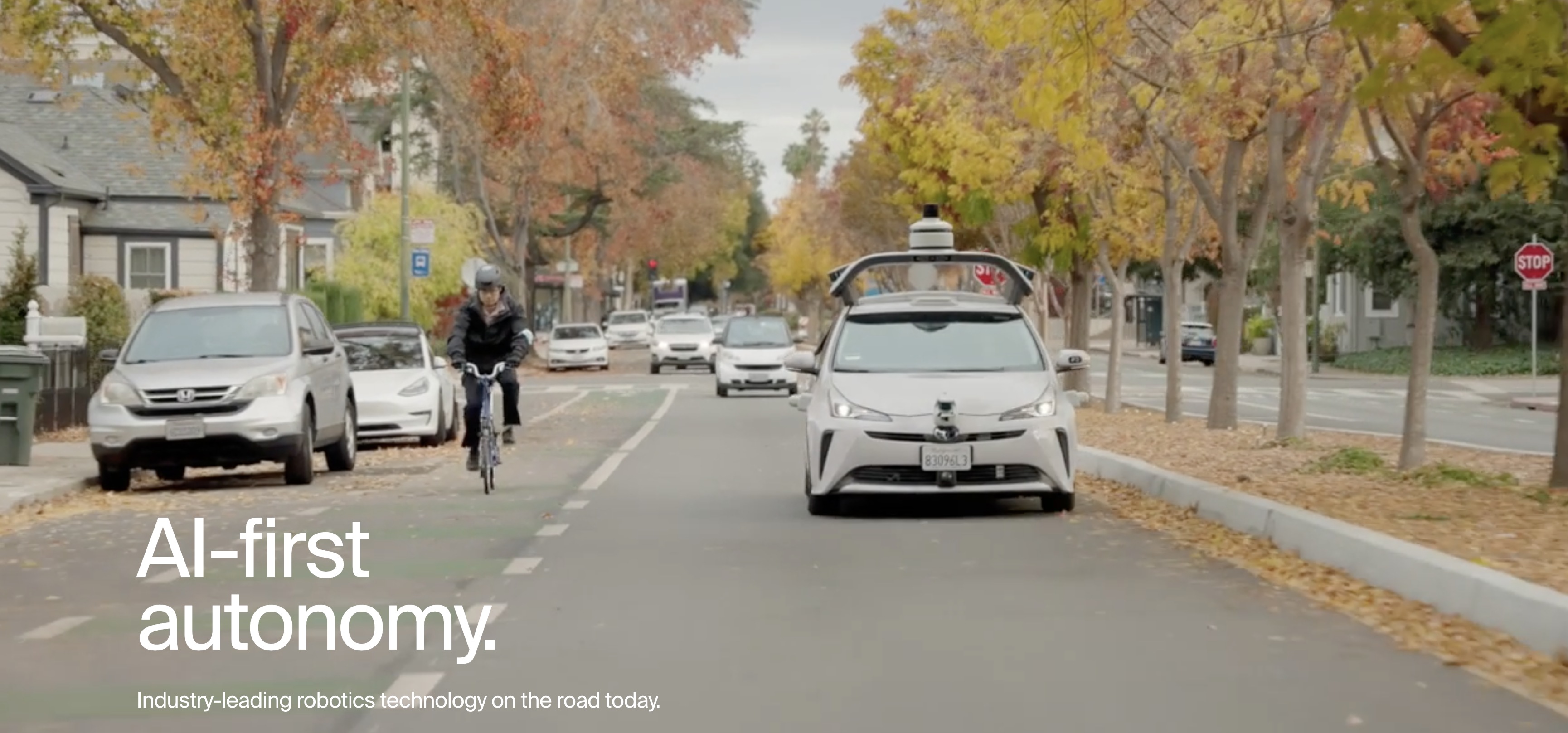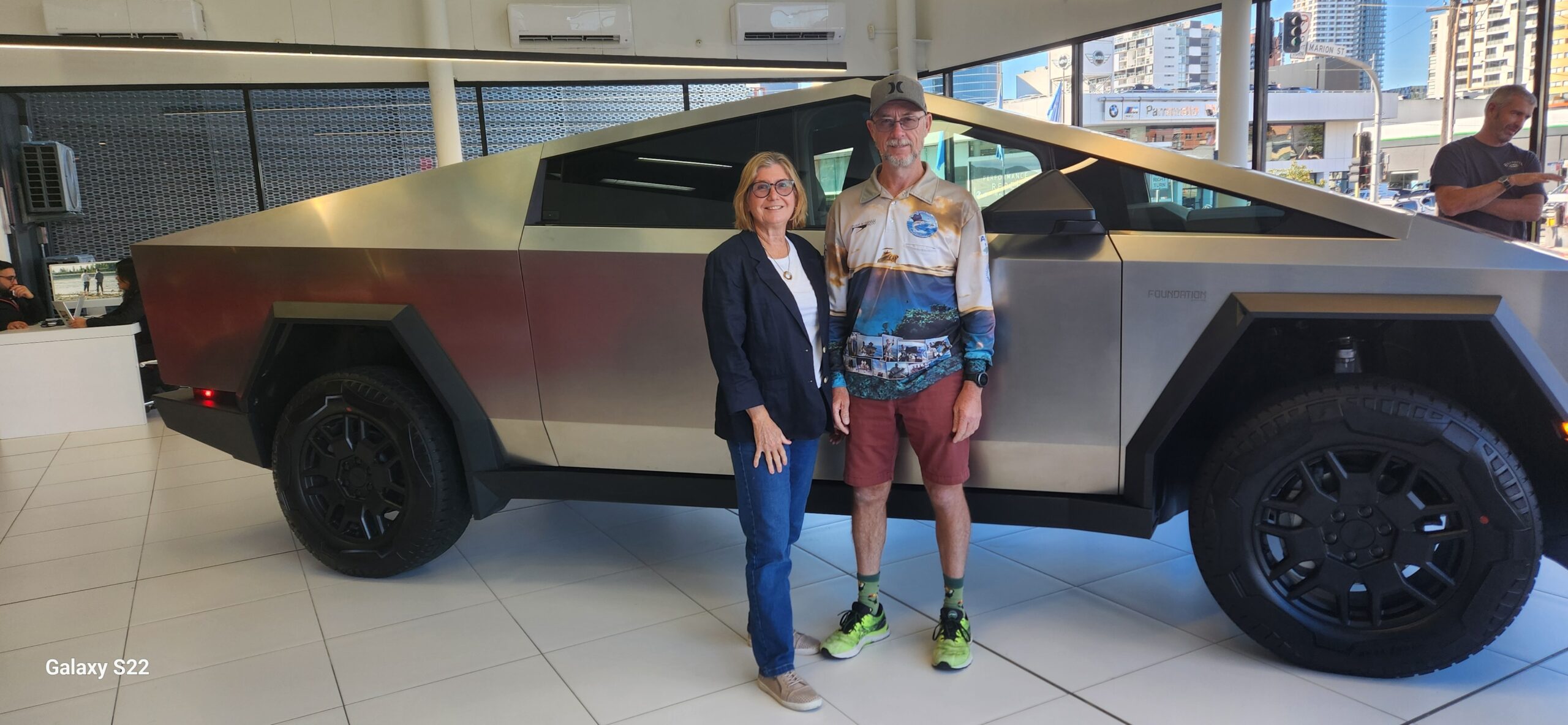
For a recent episode of Cleantech Talk, I talked with Luz Karime Sanchez Mina, Field Service Engineer at ABB E-Mobility, and Pam Langley, Service Account Manager — Transit at ABB E-Mobility, about advancing the EV revolution, life at ABB E-Mobility, and being women in male-heavy tech sectors. Listen to the full episode below, or jump down below the embedded player for a few highlights from the talk.
“I arrived here to USA, like, 5 years ago, and I remember the first car that I purchased was a Nissan LEAF, and I was so fascinated with the industry that I said as a goal, ‘I want to work in this kind of technology,’” Luz said. It’s an interesting case of an EV purchase leading to a career in the EV industry — perhaps there are many such stories, but I haven’t heard them. She started working with ABB in this industry four years ago and says, “I love it. It’s the best decision I’ve made. It’s just so fascinating and it’s challenging and it’s so nice because it’s growing and growing, so you have a lot of different goals, a lot of different challenges every day and new things to learn and new technology that that makes it so exciting. It’s different and changes all the time.”
I then asked Luz and Pam about their experiences in such a male-dominated field. Luz, as an engineer, noted that she was used to this since her university studies, since it was essentially the same in engineering school. Nonetheless, she also had some interesting stories to share from her work in the field.
“I definitely generally am underestimated, especially when I’m meeting customers for the first time,” Pam noted. “I feel like, you definitely do have to prove yourself as a woman.”
Job Supply & Growth in the EV Market
Speaking of employment, growth, and change in the sector, I noted: “One thing I’ve found over the years in the EV space, e-mobility space, and then cleantech more broadly, one of the huge kind of challenges or bottlenecks for growth is the people, is the personnel, is being able to hire enough people month after month, year after year, to keep up with the growth. And, you know, companies are sort of fighting over top people, poaching, or just competing for the top graduates. But, in general, even just some segments, like electricians, like there’s just not enough electricians for everything that’s needed in these growing spaces in some markets. How have you seen that, and how have you experienced that in the past 4 or 5 years that you two have been working in this field? Have you noticed it? Have you noticed it getting more difficult, and even going into the NEVI program, which is supposed to stimulate a lot more growth, do you see it as becoming a bigger issue now?”
Pam responded first, saying, “Yeah, I feel like that is not even unique to our industry right now. Everyone is experiencing, you know, labor and talent shortages. But, especially since this is so new […] and I feel very fortunate to work for a company that is well resourced, and attracts some of the best talent out there. It definitely makes it a lot easier, as well as it also has a good culture — both of those things together make it so much easier to ensure that we are getting good people in the door. And even with that being said, having the position openings and the salaries and wages to attract people, and everything about it, it still just takes time, and you want to hire slow, make good decisions, and find people that are going to be a good fit — and that goes for any type of role.” She also talked about the diverse roles at ABB and how the company needs people with both “soft skills” and “hard skills” even just in the E-Mobility segment of ABB.
“Yeah, it’s definitely challenging, as a field service engineer, because’s it’s a lot of demand for, like, service jobs, for new installation — because the industry is growing like so fast that a lot of field service engineers, they’re ready to work and be able to provide service to the different stations. So, it’s challenging, but I think […] it’s a good opportunity for a lot of women to get into the field.” With so much growth and great opportunities at ABB, she sees it as a great place for young women to pursue a career.
We also talked about the NEVI program’s 97% uptime requirement for charging networks receiving funding from the government; talking to young girls about the work in this field and trying to support their entrance into the field; customers being surprised to see women repairing chargers; and more. Listen to the full podcast discussion for much more than I’ve summarized or quoted above.
You can find our CleanTech Talk podcasts on Spotify, Apple Podcasts, Google Podcasts, YouTube, Overcast, Pocket, Podbean, Radio Public, SoundCloud, or Stitcher.
I don’t like paywalls. You don’t like paywalls. Who likes paywalls? Here at CleanTechnica, we implemented a limited paywall for a while, but it always felt wrong — and it was always tough to decide what we should put behind there. In theory, your most exclusive and best content goes behind a paywall. But then fewer people read it! We just don’t like paywalls, and so we’ve decided to ditch ours. Unfortunately, the media business is still a tough, cut-throat business with tiny margins. It’s a never-ending Olympic challenge to stay above water or even perhaps — gasp — grow. So …





